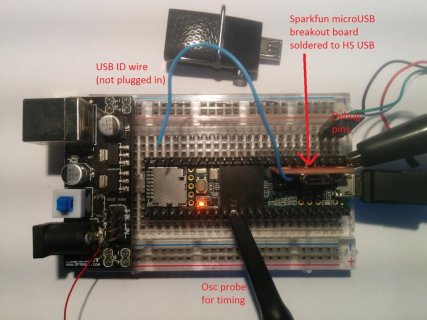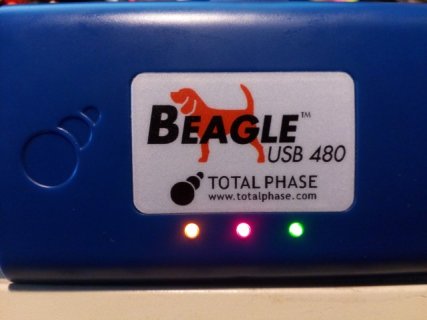neilh20
Well-known member
Setup Netbeans IDE
download from here - I picked the "All" option and configured it on installing.
netbeans.org/downloads
Install per instructions.
Then import compiler settings from the attached "nbsettings.zip" exported from Andrews project.
Download View attachment nbsettings.zip.
From the netbeans IDE
Tools-->Preferences Select C/C+
At the bottom left click Import button, Browse to the downloaded "nbsettings.zip"
They should now look something like this.
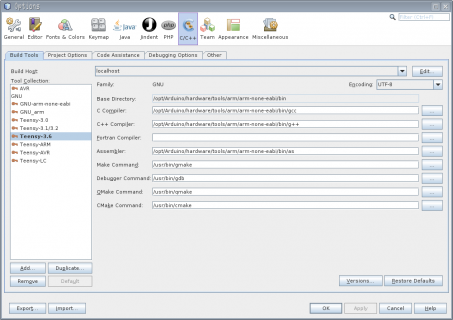
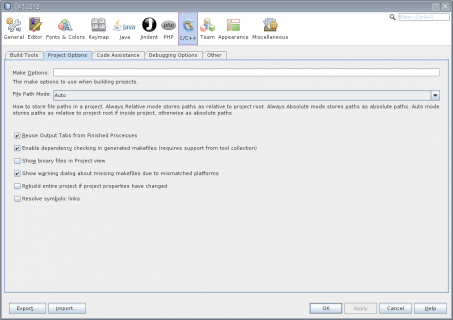
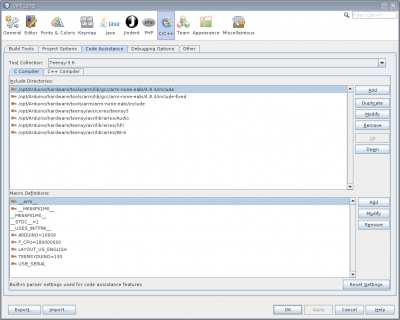
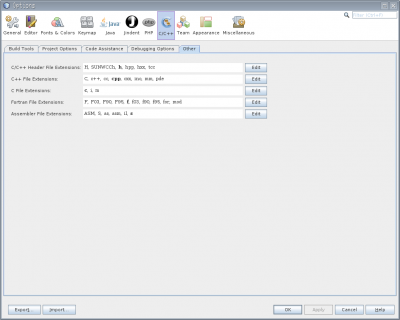
create gmake mapping to make
cd /usr/bin -
sudo ln -s make gmake # requires sudo aseverything else is owner=root
sudo ln -s make cmake
ln -all *make
Now invoke Netbeans IDE (8.1 as of today)
File->Open a project,
and navigate to ~/NetBeansProjects Click on UHS30 and Open -
It will discover the nbproject directory and suck in the project and start indexing the files. Very nice.!!
Now exit out of Netbeans or File-->Close.
One thing NOT to do is delete the project as it will delete the files ~/NetBeansProjects/UHS30/nbproject
download from here - I picked the "All" option and configured it on installing.
netbeans.org/downloads
Install per instructions.
Then import compiler settings from the attached "nbsettings.zip" exported from Andrews project.
Download View attachment nbsettings.zip.
From the netbeans IDE
Tools-->Preferences Select C/C+
At the bottom left click Import button, Browse to the downloaded "nbsettings.zip"
They should now look something like this.




create gmake mapping to make
cd /usr/bin -
sudo ln -s make gmake # requires sudo aseverything else is owner=root
sudo ln -s make cmake
ln -all *make
Now invoke Netbeans IDE (8.1 as of today)
File->Open a project,
and navigate to ~/NetBeansProjects Click on UHS30 and Open -
It will discover the nbproject directory and suck in the project and start indexing the files. Very nice.!!
Now exit out of Netbeans or File-->Close.
One thing NOT to do is delete the project as it will delete the files ~/NetBeansProjects/UHS30/nbproject
Last edited:


